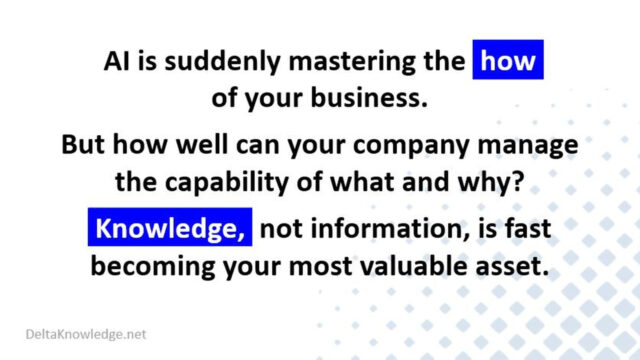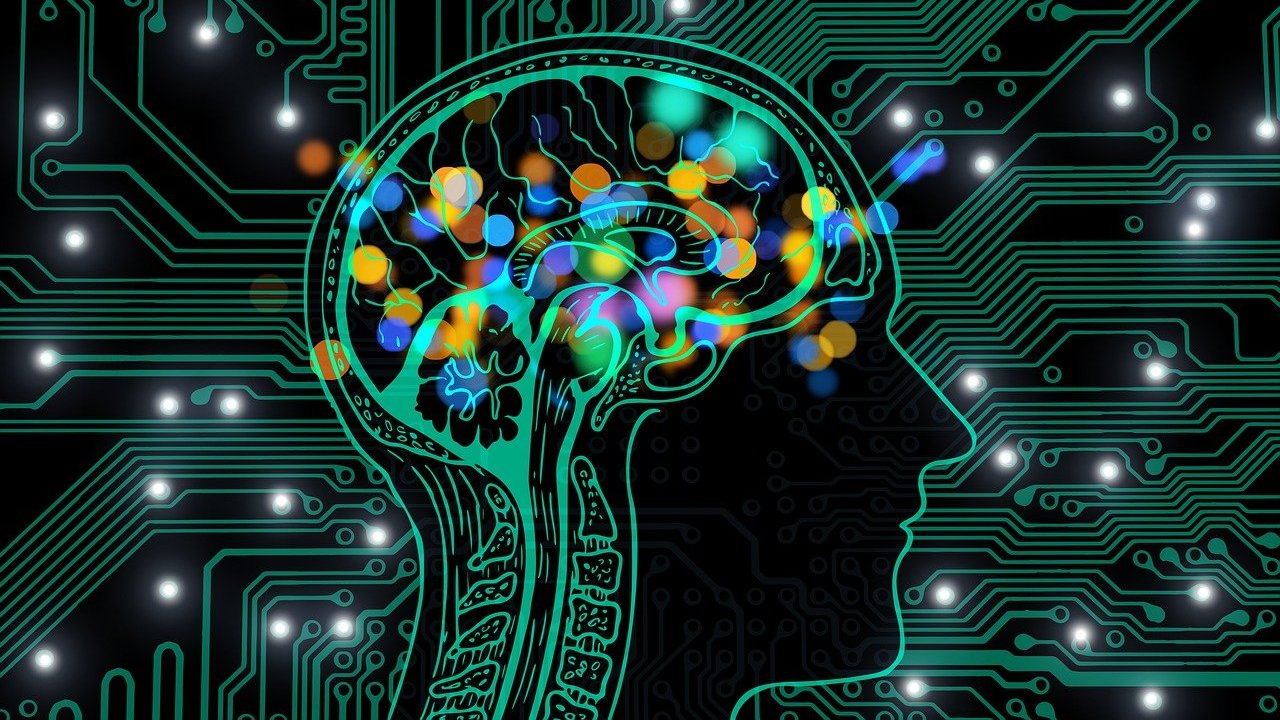
Using artificial intelligence (AI) algorithms for expert identification
As discussed in APO’s Knowledge Management: Tools and Techniques Manual1, the expertise locator or “who’s who” is a valuable knowledge management (KM) tool. It enables people who need particular knowledge to effectively and efficiently connect with those who hold the knowledge.
The authors of a newly published systematic review paper2 advise that artificial intelligence (AI) can considerably enhance expertise location, and provide a number of examples to support this claim.
Expert finding and artificial intelligence (AI): why do we need AI?
The significant demand for knowledge exchange among specialized individuals highlights the necessity for efficient tools to extract and identify these experts. Expert profiles may be constructed by aggregating data from various organization and web sources, such as publications, co-authors, citations, email communication, and LinkedIn information. This collected information can be further condensed into key descriptors that characterize the expert’s areas of expertise.
Expertise locator tools are utilized in various contexts, from major tech firms to medical institutions. However, these tools depend upon users to accurately assess their expertise in correlation to a predefined set of keywords. Moreover, the instruments must be regularly updated to correctly reflect any newly added skills by the experts.
Several requirements must be met to be able to adopt particular systems as rapid, affordable, and confidential tools for expert identification. Firstly, experts should be identified through self-nominated specializations or by automatically extracting relevant information from various sources. Experts should be categorized according to the type and level of expertise, and the validity of their expertise should be confirmed by independent assessment of the depth and significance of their knowledge. Additionally, ranking these experts aids knowledge seekers in obtaining a more accurate understanding of their expertise level.
Due to the time-consuming and laborious task of manually creating expert databases, organizations have developed automated approaches to generate expertise profiles and identify potential experts through the use of AI techniques such as natural language processing (NLP) and machine learning (ML). Multiple types of AI algorithms can be used in the expert finding domain, and several models have been developed to capture the relationship between query terms in expertise retrieval and expert candidates, including generative probabilistic models, graph-based models, voting models, and discriminative models.
Leveraging AI for efficient expert discovery
Document-based methods rank individuals based on their association with relevant documents rather than directly modeling their knowledge. They identify appropriate documents for a query and assign a ranking to candidates based on the document’s relevance score and the strength of the person’s association with it. This representation of a person consists of a weighted set of documents. Various studies have employed different approaches for expert document collection, such as utilizing elementary units of experience.
Multiple efforts are also underway to identify experts on communities of question-answering websites using heterogeneous information such as question tags, content, and answer votes. A deep learning framework can be used to find the most suitable experts in the question-answering community. One approach takes inspiration from language modeling techniques and applies them to graphs. This method can create continuous vector representations that capture the relationships between elements in the network. Word-embedding-based convolutional neural network (CNN) architecture was another model that helped capture the semantic and syntactic relationships between words.
It can be challenging for beginners and casual users on platforms like Discord to find experts in particular topics because it requires deep knowledge of the open-source community. To help with this, one bot uses word frequency and word embedding methods to create a list of users ranked by their expertise. It creates a comprehensive map connecting authors with a list of words and their corresponding frequencies. In a similar approach, an expert recommender chatbot relies on the Discord API and algorithms for sentence classification and key-concept collection.
Another approach has identified and prioritized essential terms or phrases, with the aim of enhancing the effectiveness of expert retrieval by considering relevant terms and their importance in the dataset. A further approach used feature positioning within texts to eliminate the requirement for manual labeling of training data. Additionally, a multi-faceted approach has been utilized where experts were discovered by the number of their publications, quality of publications, citations, and experience.
What does this mean for KM?
The considerable advances in the use of AI for expertise location introduced above mean that any organization or practitioner that is planning to develop an expertise locator tool or system should first seek advice from, or the services of, information technology (IT) professionals who have high-level knowledge of AI algorithms and their use and deployment.
Article source: Borna et al. (2024), CC BY 4.0.
Header image source: Adapted from Expert by Nick Youngson, Alpha Stock Images, CC BY-SA 3.0.
References:
- Young, R. (2020). Knowledge Management: Tools and Techniques Manual. Tokyo: Asian Productivity Organization (APO). ↩
- Borna, S., Barry, B. A., Makarova, S., Parte, Y., Haider, C. R., Sehgal, A., … & Forte, A. J. (2024). Artificial Intelligence Algorithms for Expert Identification in Medical Domains: A Scoping Review. European Journal of Investigation in Health, Psychology and Education, 14(5), 1182-1196. ↩






